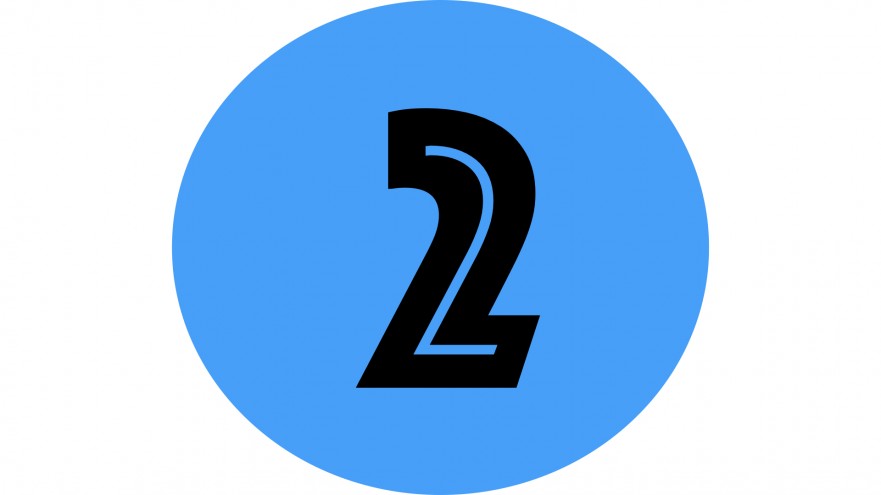Core Proposition 2: Teachers know the subjects they teach and how to teach those subjects to students.*
This statement seems easy enough to interpret. Of course, a teacher has to know their subject area to teach it to someone else. Knowing your subject doesn’t just mean knowing facts about it; it means understanding your subject’s role within the context of other topics and the world as a whole.
I’m an elementary music teacher. When you walk into my classroom, you see students singing, moving, playing instruments, and other activities that go along with musical experiences. That’s the initial impression and an accurate impression.
What you don’t usually see initially is the depth of what is below the surface. When I teach my students a typical singing game, I’m also teaching them:
to keep a steady beat (a skill necessary for reading fluency)
how to cross the midline of their body (this develops reading comprehension skills)
how to subdivide a beat into specific rhythms (fractions…as young as 1st grade)
foreign languages (children’s songs from different countries and cultures)
collaboration (everyone has to participate and try their best)
empathy (if your neighbor is having difficulty, help them)
science (how different sounds move through the room and are detected by the human ear)
tracking from left to right (a fundamental skill for reading and math)
poetry (all lyrics are a form of poetry)
history (the origin of the song and the meaning of the lyrics)
I must know my subject to ensure that my students are making connections to all of these different disciplines. For my students to retain what has been presented to them, I must know how to deliver it in a way relevant to the students in my classroom.
Another aspect of this concept is understanding that all students do not learn the same way. As the expert in the room, I must be open to multiple processes for arriving at a solution. Many times, we think of inquiry as reserved for the science lesson. Let’s move the investigation into the music classroom.
In an ideal situation, I could give an assignment to a class based on their prior knowledge and sit back to watch how they arrive at the end product. There would be no expectations of following a specific set of steps or any time restrictions on completing the project. Students would have the confidence to engage in trial and error, reflection, and refinement until the project met the criteria in the assignment.
Unfortunately, most of us are not in an ideal situation, so we come up with some variation of this scenario. My students would freeze if I gave an open-ended assignment like the one described above. They certainly have the skills and knowledge necessary, but they do not have the confidence to engage frequently in that type of learning. So I do what any teacher would do. I scaffold it for them.
For instance, I might give my third-grade students an assignment to compose an eight-beat ostinato (a short pattern that repeats). They have performed an ostinato, they know what one looks and sounds like, but students haven’t made the bridge between what they know and how to create it. So, I make a grid with eight squares, tell them which rhythms to choose, and each square is one beat. Now they can create an eight-beat ostinato because it doesn’t feel abstract; it feels concrete and understandable. The next part of the lesson is to perform the ostinato using body percussion of their choosing and present it to the class.
Do they have the skills and knowledge to complete this assignment without the grid and choice of specific rhythms? Absolutely! They lack the confidence to dive into the inquiry process because they might not get it “right” the first time. By allowing students to develop their own paths toward knowledge, we empower them to become lifelong learners.
What are your strategies for empowering students?
How do you blend other disciplines and subjects into your classes?
I can’t wait to hear about the fantastic things happening below the surface in your classroom!
*What Teachers Should Know and Be Able to Do, 2016 National Board for Professional Teaching Standards









